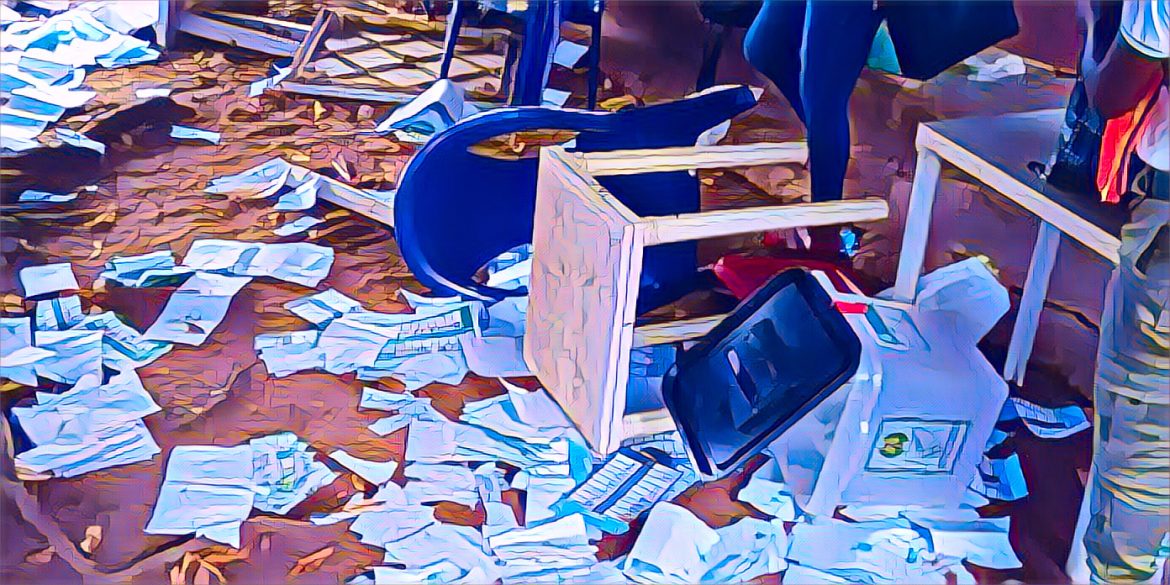KEY POINTS
- Allegations of voter suppression and fraud marred Zimbabwe’s 2023 election.
- Delays and ballot shortages disproportionately affected opposition strongholds like Harare.
- Widespread voter intimidation and biased media coverage favored the ruling party.
Africa’s elections are always a story of injustice, lies, violence and all sorts of manipulation. Zimbabwe election is not any different from this. At the last election held in Zimbabwe in Aug. 2023, there were allegations of fraud and voter suppression. That was not the first time such would be happening as the country is known for election manipulation and violence.
Despite the accusations of irregularities, manipulations and oppression, the incumbent President Emmerson Mnangagwa, leader of the Zimbabwe African National Union-Patriotic Front (ZANU-PF), was declared the winner of the presidential election with 52.6% vote, while his opponent, Nelson Chamisa of the Citizen Coalition for Change (CCC), got 44% of the vote.
Disenfranchisement in Opposition Strongholds
Some of the most serious accusations were the inability of voters in the regions that favour the opposition to vote Reports indicate that voters in urban areas, where support for CCC was high had challenges with delays and logistics. In Harare and Bulawayo, for instance, some polling stations opened very late and most voters spent many hours waiting in queues.
Also according to a report by Al Jazeera, some polling stations opened till the second day because of the shortage of ballot papers. International observers, including the European Union Election Observation Mission (EU EOM), hinged the compromised results on these delays.
Voter Intimidation and Uneven Media Coverage
Aside from the logistics issues, other issues that were raised include voter intimidation and fraud. These attributes were confirmed by other independent voters as well as non-governmental organizations including Amnesty International about how voters particularly in remote areas were forced to vote for ZANU-PF.
Amnesty International’s Deputy Director for Southern Africa, Khanyo Farisè said“We are deeply concerned by disturbing reports of widespread voter intimidation by Forever Associates of Zimbabwe (FAZ), a shadowy organization allegedly linked to the ruling party.”
There were also reports of traditional leaders being asked to force their subjects to vote for Mnangagwa. There were also reports of the ruling party abusing state resources. This was evident as the media stations controlled by the state provided Mnangagwa and ZANU-PF with more coverage than any opposition party.
When Mnangagwa was proclaimed the winner, CCC opposed the result, arguing that the election was not free and fair. Chamisa has said that he will fight the results through legal means, however, Zimbabwean courts have always supported the ruling party.
This catastrophic situation is a glimpse into the huge decay in the democratic system of the country. After Mugabe’s removal in 2017, many believed that Mnangagwa would bring change to ZANU-PF and to the country as a whole by championing transparency and reformation. However, what happened in the 2023 election shows that the country has not yet fully overcome the challenges that hinder free and fair elections.


